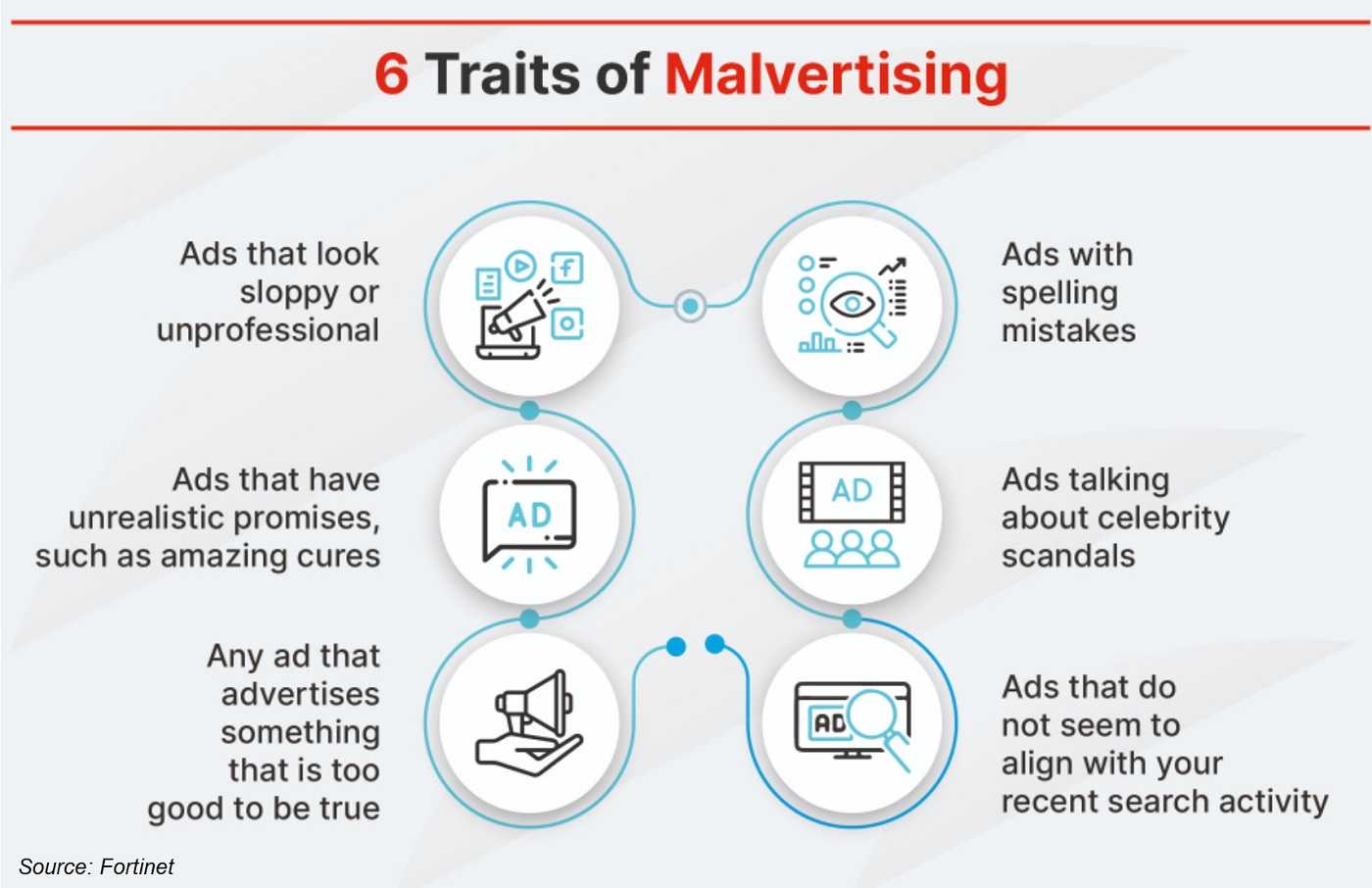Experts Warn: Malvertising on the Rise
January 19, 2025
The name is short for malicious advertising, but malvertising’s long record of infecting devices is growing fast. Last fall, Malwarebytes found month-to-month, a 42% increase in malvertising in the U.S. It’s a strong message that users need to be hyper-aware of these aggressive and hazardous online ads.
Cybercriminals use malvertising to download malicious code onto a device. Once a device is infected, any number of cyberattacks can happen. Any online search can bring up malvertising…it can look like sponsored content, or it can hide in ads needing to be clicked on. And unknowingly visiting a website infected by malvertising can contaminate your device in a flash.
It’s not just the everyday user who needs to look out for malvertising; big companies can fall victim just as easily. Employees at Lowe’s were targeted by a Google ad inviting them to click a link to visit their staff portal. The link “myloveslife.net” misspelled the Lowe’s name—which should have been “myloweslife.net.” However, many employees didn’t even know the real portal URL—a big part of the problem.

Clicking the bogus link brought staffers to a phishing page complete with company logos, and since the page looked legit, employees took the bait. The lesson here is to be sure staffers know the legitimate URLs for the company’s internal portals, and they should know what they are for their own online safety, too.
Malvertising Hygiene
Staying clear of malvertising requires using your cyber-smarts. Here are a few to keep in mind the next time an ad calls your name.
- Closely check the URL spelling before you click.
- Rather than click on an ad, type in the known URL yourself.
- If you suspect you’re on a shady site, immediately close the browser window.
- Beware of ads luring you with low prices and urgent actions.
- Keep all software patched and updated, including your browser.
We know malvertising isn’t new, but it is getting better and harder to detect. So, keep your cyber-smarts at the ready and always question before you click.